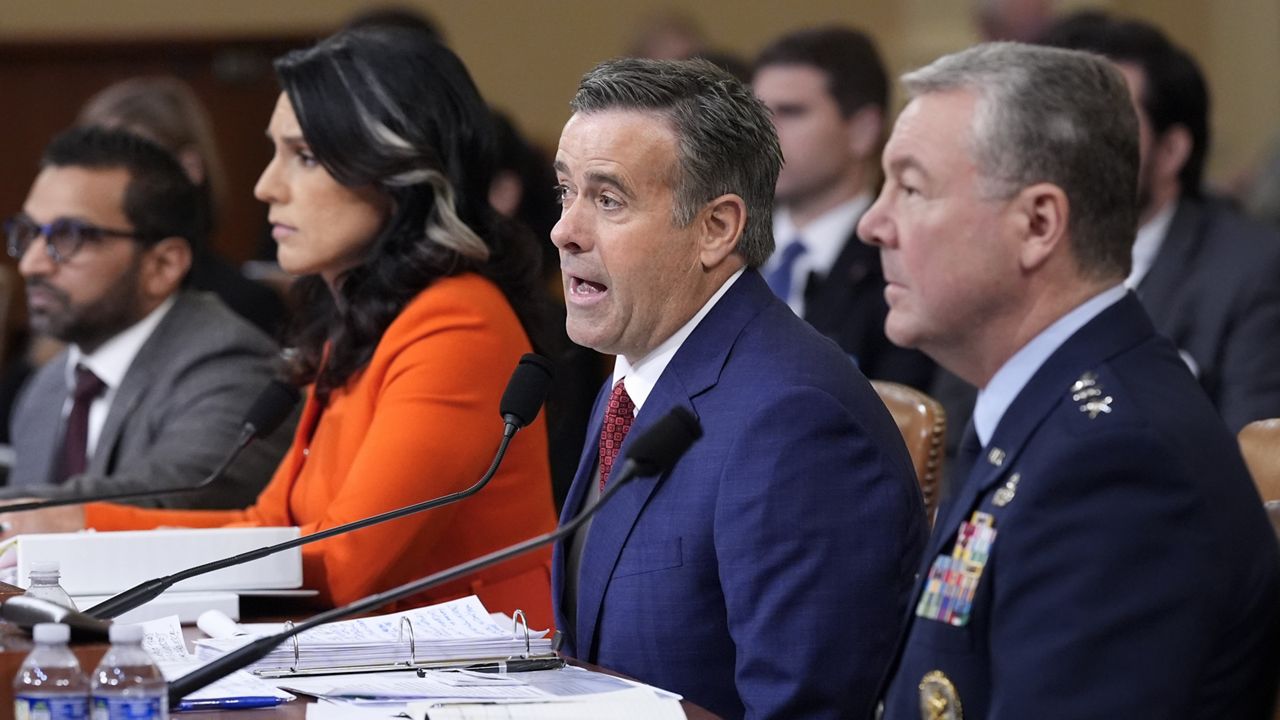AUSTIN, Texas — A State House committee heard a slate of bills all focused on security threats from foreign adversaries.
Speaking in Farsi, Niloufar Hafizi, warned those who understand her know their rights are under attack.
“We are Texans, too. We belong here, and we are owed every right guaranteed us under the Constitution,” said Harizi with Emgage Action.
Her concern stems from a proposal that would prevent certain companies or persons from China, Iran, North Korea and Russia from purchasing land, unless they are a U.S. citizen or permanent resident.
State Rep. Gene Wu, D-Houston, says there could be far-reaching discrimination and assumptions about a specific group of people, if the legislation is enacted.
“Every person, not Chinese, every person that has Asian face is now a spy, is now a potential traitor to this country,” said Wu.
According to a 2023 U.S. Department of Agriculture report, Texas has the largest amount of foreign-held U.S. agricultural land with over 5.6 million acres, a majority of it being owned by China. Besides China and the other listed countries, the governor could also add to the list of threatening countries.
“When you want to talk about opening the door to a slippery slope, this is the vehicle that does that,” said state Rep. Jon Rosenthal, D-Houston.
The land acquisition bill is one of 11 heard during a meeting of the Texas House Committee on Homeland Security, Public Safety & Veterans’ Affairs on Wednesday, all with the goal of mitigating foreign influence in Texas.
“So that Texas government entities do not unwittingly fall victim to the influence campaigns of Chinese Communist Party and other foreign adversaries,” said Rep. Angelia Orr, R-Itasca.
The efforts include banning foreign adversaries from hiring lobbyists, stopping state funds from being invested in hostile nations and prohibiting universities from accepting gifts from a foreign source.
“This bill balances the need for protection of intellectual property, while still allowing universities to collaborate, while still allowing them to collaborate with the best and the brightest from around the globe to ensure academic progress and that Texas remains a leader in academia,” said state Rep. Terry Wilson, R-Georgetown.
Similar legislation to prevent foreign land ownership failed during the last legislative session, but this session, it’s a priority of Lt. Gov Dan Patrick. The Texas Senate has already passed its version.










)
